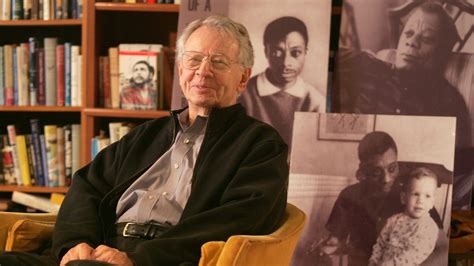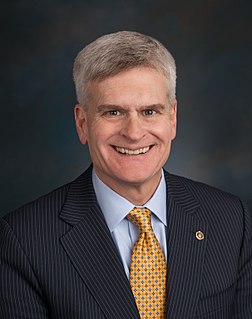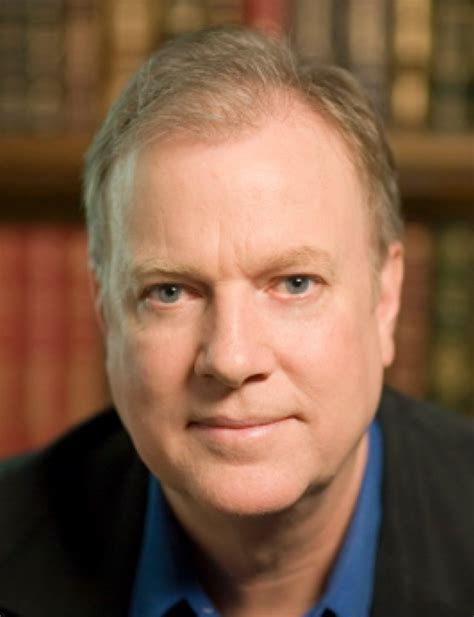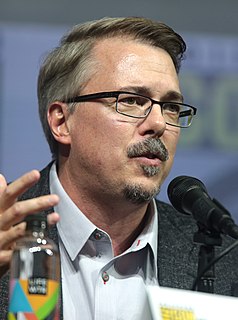A Quote by Sol Stein
To create tension, dialogue needs to be stretched out. That is, characters should not be immediately responsive.
Quote Topics
Related Quotes
Many writers struggle with exposition in their novels. Often they heap it on in large chunks of straight narrative. Back story – what happens before the novel opens – is especially troublesome. How can we give the essentials and avoid a mere information drop?
Use dialogue. First, create a tension-filled scene, usually between two characters. Get them arguing, confronting each other. Then you can have the information appear in the natural course of things.
There are questions as to whether it should even exist. Who should corporations be responsive to, the management of a corporation? Theoretically they are responsive to the shareholders, but I why not to the so - called stakeholders, the work force and the community? Nothing in economic theory opposes that. Those are social and political decisions.
What I like and find liberating in dialogue comedy is that the characters, and what they say, are not me. These are fleeting thoughts and observations and not presented as truths but as something that illuminates the character and the dynamic between the characters. This kind of dialogue is thesis and antithesis - and we never get to a synthesis.
Non-violent direct action seeks to create such a crisis and establish such creative tension that a community that has constantly refused to negotiate is forced to confront the issue. It seeks so to dramatize the issue that it can no longer be ignored... I am not afraid of the word tension. I have earnestly worked and preached against violent tension, and there is a type of constructive tension that is necessary for growth.
TV is designed to keep characters in place for years on end. The best example is 'M*A*S*H:' You have a three-year police action in Korea, and they stretched that out to eleven seasons. It was a great show, but when you think about it, a weird unreality overtakes a television series. You see the actors age, and yet the characters don't.
































